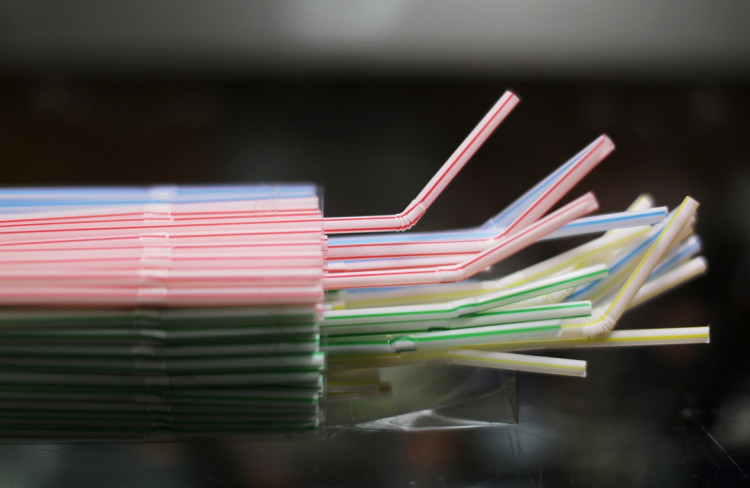While it admitted that it was not the world's biggest contributor to plastic waste, European lawmakers have now voted on a new environmental law that it hopes other countries would follow. Lawmakers overwhelmingly voted this week for a new EU-wide ban on all single-use plastic products, which it believes is the main contributor to plastic waste found in the world's oceans.
The proposal to ban all single-use plastic or disposable plastic products has reportedly already been approved in the recent negotiations with members of the European Union. The only thing left to do now is for each member to approve it into law within their respective jurisdictions. In Strasbourg, France, the law had already passed by 560 votes to 35 votes. To give ample time to the different firms to adapt to the change, the ban's effect will be delayed until the start of 2021.
According to the vice president of the EU Commission, Frans Timmermans, he hopes that the pioneering measure to completely ban the use of disposable plastic will become a great example to the rest of the world. Timmermans explained that other countries, such as those in Asia and Latin America, have actually already expressed their interest in applying a similar measure within their respective countries. Timmermans points out that each country that follows suit will have a huge impact on the environment as a whole.
Apart from the ban on the disposable plastic products for which alternatives exist, the EU also introduced additional measures to reduce its member's overall plastic consumption. The new measures include the requirement that 90 percent of all plastic bottles be recycled by 2029. There is also a provision which requires that all plastic be produced with 25 percent recycled materials by 2025. The punishments for non-compliance of the new regulations and of polluters have also been greatly strengthened.
The single-use plastic products that are covered by the multi-nation ban includes plastic straws, spoons, cotton buds, cups, food packaging containers, bottles, and other plastic cutlery. Throughout the planet, over 300 million tons of plastic products are produced each year, with half of it being disposable.
Despite increased efforts to recycle these products, only 10 to 13 percent are actually recycled. Due to the non-biodegradable nature of these products, most of the single-use plastics are thrown away. These products eventually degrade into tiny plastic particles, which can release toxic chemicals that may end up in food and water supplies. The products that end up in the world's oceans have also been found to negatively affect marine wildlife.






